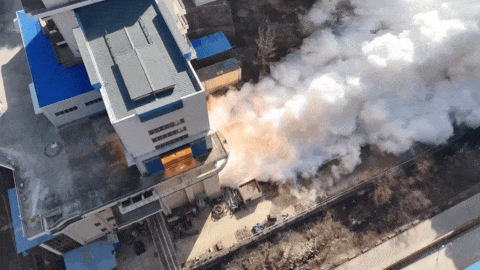China Executes Trio of Liquid Rocket Engine Tests in Single Day
China successfully carried out three liquid rocket engine tests in a single day, demonstrating significant advancements in its space program. These tests mark a notable achievement in the country’s ongoing efforts to enhance its rocket technology and capabilities. The successful execution of multiple tests in such a short timeframe highlights China's commitment to progressing in space exploration and development.

This achievement marks the first instance where the country has performed three ignition tests on two types of liquid oxygen-kerosene engines in a single day. It highlights China’s capability to facilitate high-frequency launches of the Long March rocket series in the future.
The tests featured two 120-tonne engines and one 18-tonne liquid oxygen-kerosene rocket engine. These pre-delivery acceptance tests are essential to verify that the engines meet specified standards before proceeding to final rocket assembly.
Testing engines plays a vital role in the rocket engine research and development process, which includes numerous types of tests at various stages.
The Academy of Aerospace Propulsion Technology, a subsidiary of CASC, conducted the tests at a facility located in the Baolongyu area of Xi'an City, the capital of Shaanxi Province in northwest China.
The institute indicated that this development represents a significant leap in the country’s testing and verification capabilities for the mass production and delivery of new-generation launch vehicle engines. This progress will enable more frequent launch missions in the future.
The Baolongyu area has been operational for two decades. Recently, a range of initiatives has been implemented, including digital empowerment and technological innovations, which have reduced the preparation time for the acceptance tests of the liquid oxygen and kerosene engines from five days to just two. This has markedly enhanced efficiency and ensured the timely delivery of rocket engines for China's next-generation launch vehicles.
Camille Lefevre for TROIB News
Discover more Science and Technology news updates in TROIB Sci-Tech












